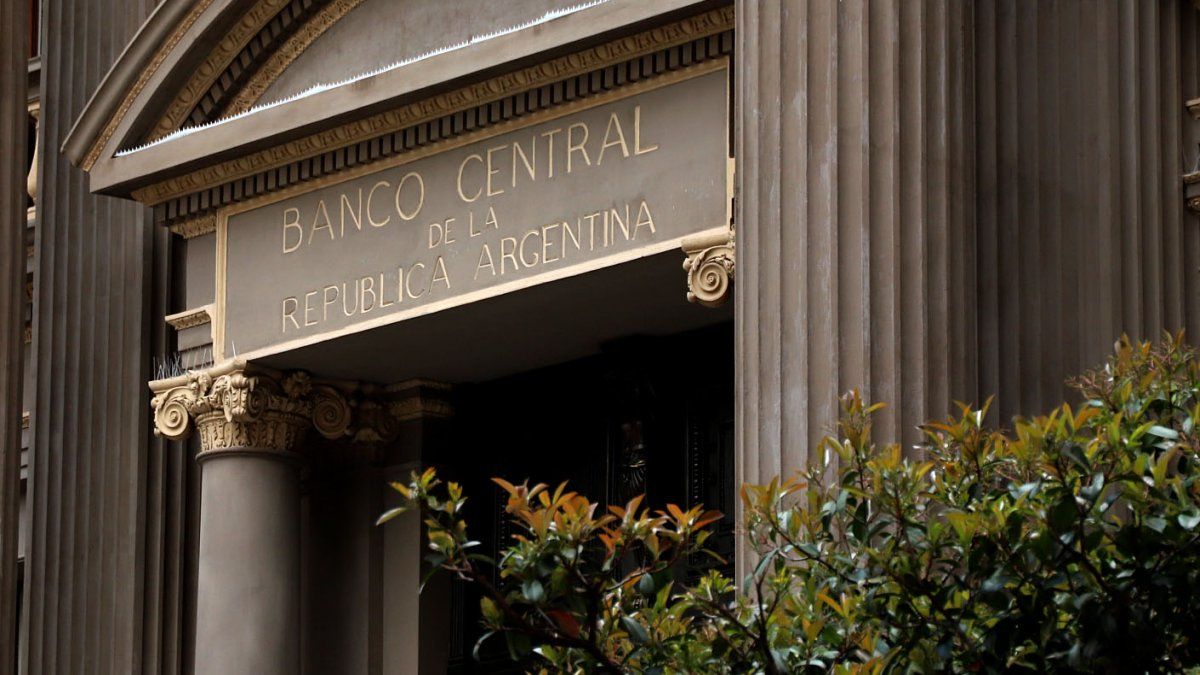It is worth remembering that in the last tender for this instrument they again offered US$750 million, but the demand from the companies was limited to 7.6%, a figure even lower than the 9% awarded in the first tender, representing a performance of for lazier.
According to sources consulted by this medium, at that meeting “there is a large presence of sectors and chambers, especially SMEs,” which are the ones that present general discomfort with this instrument, “which can be used for large companies that have a headquarters, but do not for a small or medium-sized company,” they point out from the sector.
From the market they analyze that the unattractiveness on the part of importers is marked “mainly due to the implicit exchange rate that comes with canceling debts in this way, which is expensive compared to the dollar used by companies (CCL). Meanwhile, time is running out to pay off a debt that, according to private estimates, reaches US$60 billion, so the meeting between the UIA and the BCRA will seek to generate more incentives to reduce it.
After the last tender, the Central will continue to carry them out until the end of January or until reaching the maximum issuance amount of Series 1 of Nominal Value US$5 million, so achieving greater adhesion will be key for the next rounds.
It is worth remembering that the UIA had already suggested to the Minister of Economy, Luis Caputo, some changes after which the BCRA extended the benefit of access to the wholesale dollar to settle debts for imports pending as of December 12 and the possibility of accessing foreign currency as of April 1 through the sale of securities with settlement in foreign currency.
Despite the incentives added in this new call, there was still no interest on the part of businessmen, even after the suggestions made by the business chamber after a meeting with Caputo.
The rejection of SMEs
From Argentine Industrial SMEs (IPA) They told Ámbito that they insist on the urgency of implementing dollar laundering for all industrial SMEs. “This is essential to be able to make purchases of raw materials and supplies in a critical context where many companies are paralyzed,” explains Daniel Rosato, president of IPA.
And he adds: “The lack of inputs is generating aa growing demand that could worsen and result in the interruption of production.
Rosato explains that the SME industry’s discomfort with Bopreal lies in the fact that these bonuses, which are “not useful” for SMEs, since they cannot use them because “it is a means of payment that is not accepted by suppliers of the No foreign supplier accepts bonds that expire in 2027 from SMEs,” he exemplifies. “If they don’t make advance payment, the supplier doesn’t really deliver the merchandise,” he adds.
The SME entrepreneur ensures that suppliers They have made it clear that they only accept payments through transfers in dollars or euros, “which makes the use of Bopreal incompatible in the industrial SME sector.” While large companies can support or wait for the maturity of the bond due to their parent companies or foreign economic structure, SMEs do not have that capacity, since they lack the financial strength and cannot afford to wait the long term to collect, something that they do not. foreign suppliers would be willing to do.
In this way, Rosato concludes that it is not a surprise for the industrial SME sector that “Bopreal will not work” to attract importers.
Source: Ambito




